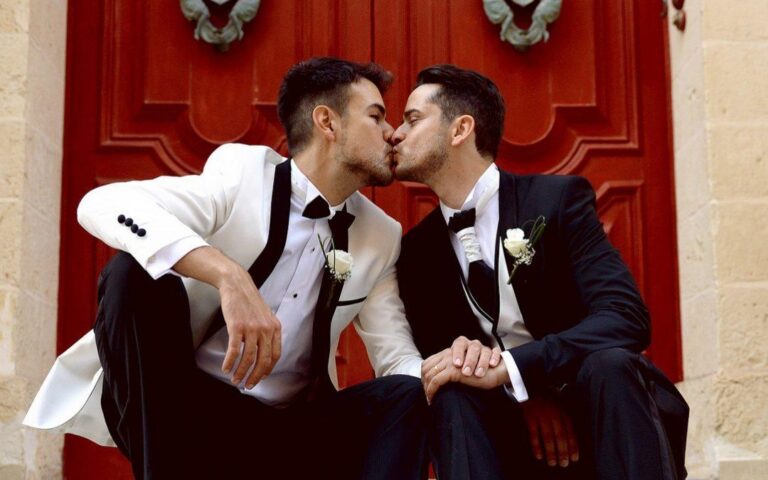The possibility of overturning same-sex marriage rights has ignited fierce debate across the nation, raising profound questions about the future of marriage equality in the United States. As the Supreme Court’s stance on this landmark civil rights issue hangs in the balance, experts warn that rescinding these protections would not only upend countless lives but also signal a troubling rollback of decades-long progress toward LGBTQ+ equality. This article explores the potential legal and social ramifications if gay marriage were to be reversed, a scenario that many advocates describe as both alarming and unprecedented.
Legal and Social Consequences of Overturning Gay Marriage Rights
Impact on Families and LGBTQ+ Communities Across the Nation
The potential reversal of marriage equality would send ripples of uncertainty through countless families nationwide, destabilizing the legal protections and social recognition that same-sex couples have fought hard to secure. Beyond the immediate implications for married couples, such a shift threatens the very fabric of familial stability for children raised in LGBTQ+ households, who rely on legal affirmation to guarantee their rights to inheritance, healthcare decisions, and parental custody. Moreover, the psychological toll on these families cannot be overstated-imagine the anxiety of wondering whether your union, recognized today, could be rendered void tomorrow, stripping away years of legal progress.
For LGBTQ+ communities, the impact extends further into everyday life, fostering an environment of exclusion and fear. The rollback could embolden discriminatory policies and social stigmas, undermining efforts toward broader acceptance and equal rights. The table below highlights critical areas where families and individuals would face direct consequences:
| Area Affected | Potential Impact |
|---|---|
| Healthcare | Loss of decision-making power in medical emergencies |
| Financial Security | Revoked tax benefits and spousal insurance coverage |
| Parental Rights | Increased challenges in legal custody and adoption |
| Social Acceptance | Rise in discrimination and hate crimes |
Protecting Marriage Equality Through Legislative and Grassroots Action
Faced with the potential rollback of marriage equality, the battle extends beyond courtrooms into the halls of legislative power and the streets where communities mobilize. Lawmakers at the state and federal levels have the responsibility-and opportunity-to defend the rights hard-won over decades by enacting robust protections that ensure marriage equality remains untouchable regardless of shifting judicial landscapes. Activists and allies are amplifying their voices through coordinated campaigns, aiming to translate public support into tangible political pressure.
Key strategies currently deployed include:
- Drafting and promoting nondiscrimination laws to shield LGBTQ+ individuals from legal vulnerabilities.
- Organizing grassroots coalitions that foster community resilience and voter engagement.
- Leveraging digital platforms to raise awareness and galvanize nationwide support.
- Partnering with civil rights organizations to monitor legislative developments.
| Action Type | Impact | Progress Status |
|---|---|---|
| State Legislation | Strengthens local protections | In Progress |
| Grassroots Campaigns | Builds public awareness | Active Nationwide |
| Coalition Building | Fosters united advocacy | Expanding |
The Conclusion
The prospect of overturning gay marriage rights poses profound legal and social uncertainties, threatening to unravel decades of progress toward equality and civil rights. As debates continue, the stakes extend far beyond the courts, touching the lives of millions of Americans whose identities, families, and futures hang in the balance. In a nation founded on the principles of liberty and justice, the question of reversing marriage equality is not just a legal matter-it is a test of the country’s commitment to inclusion and human dignity.




